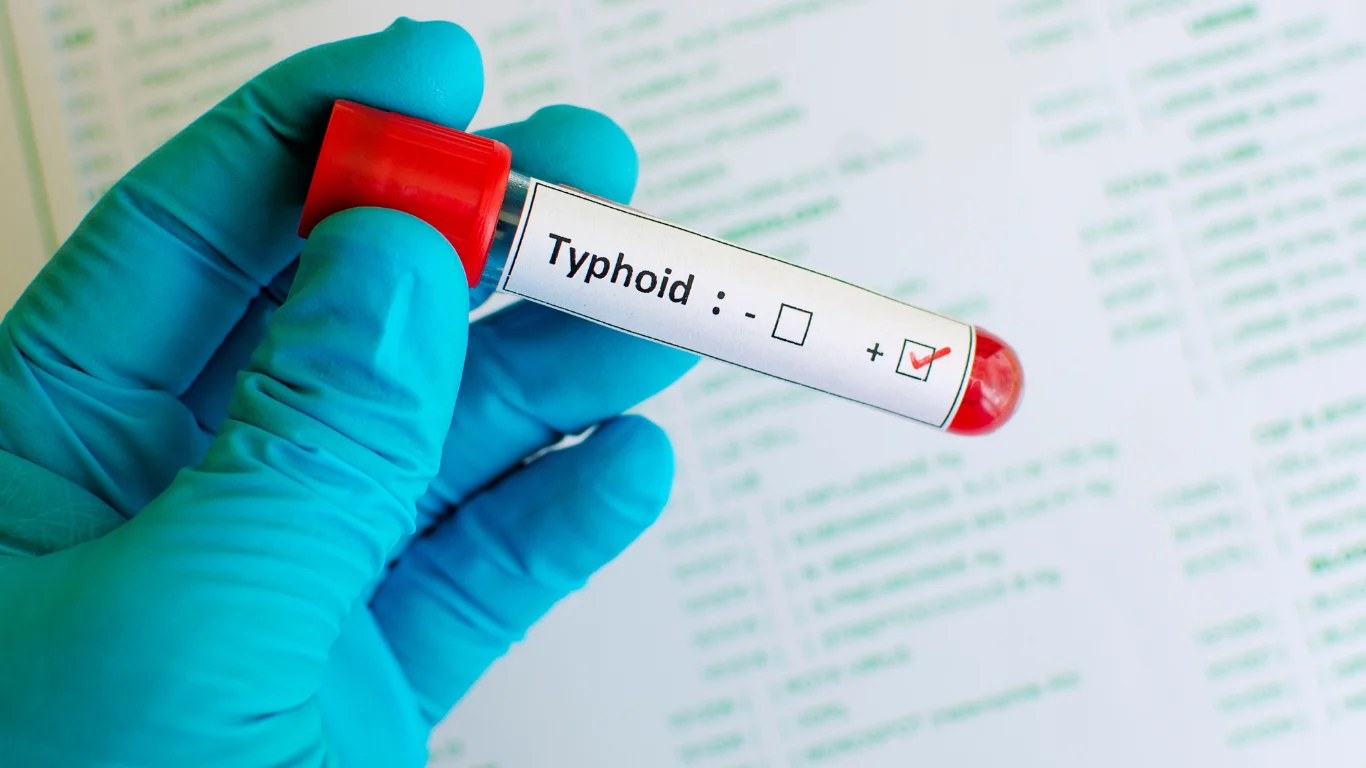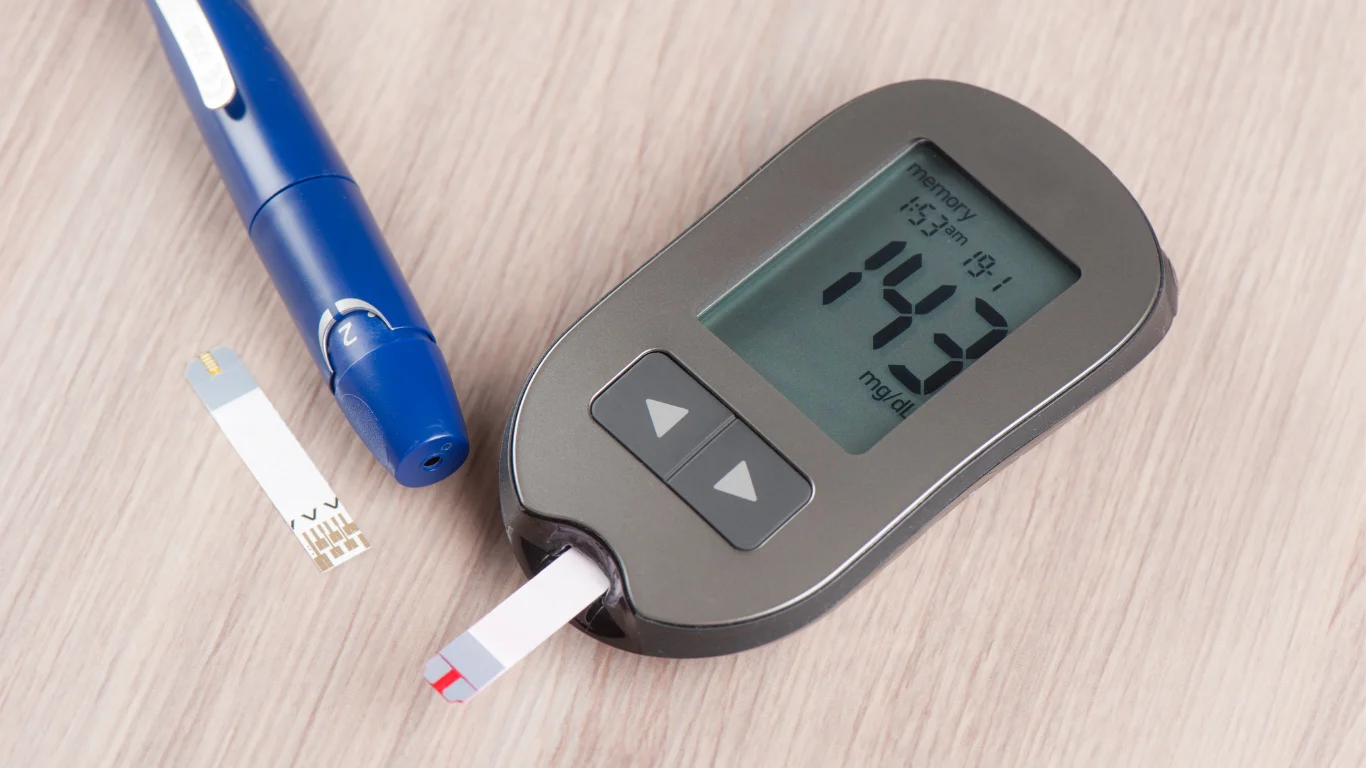Typhoid fever has long been a public health challenge. Despite advances in medicine, it continues to affect millions worldwide. Caused by the Salmonella Typhi bacterium, typhoid spreads through contaminated food and water, particularly in areas with poor sanitation and limited access to clean water. While it is preventable and treatable, the persistent prevalence of typhoid highlights the urgent need for sustained global efforts.
What is Typhoid Fever?
Typhoid fever is a life-threatening illness caused by ingesting Salmonella Typhi bacteria. It spreads via the fecal-oral route, especially in areas with inadequate sanitation and hygiene practices. Common symptoms include:
- High fever
- Abdominal pain
- Fatigue
- Loss of appetite
In severe cases, untreated typhoid can lead to intestinal perforation or death. Low- and middle-income countries bear the highest burden, with children being especially vulnerable due to weaker immune systems.
The Current Global Burden of Typhoid
Typhoid fever remains a pressing health issue. According to the World Health Organization (WHO), 11–20 million cases are reported annually, resulting in 128,000–161,000 deaths. High-burden regions include:
- Sub-Saharan Africa
- South Asia
- Southeast Asia
Children under five years face higher mortality rates and long-term complications, emphasizing the need for targeted health interventions in these areas.
Factors Contributing to the Persistence of Typhoid
Lack of Clean Water and Sanitation
Unsafe drinking water and inadequate waste management allow the bacteria to thrive. Many communities in typhoid-endemic regions lack access to basic hygiene facilities, increasing transmission risks.
Antimicrobial Resistance (AMR)
Overuse and misuse of antibiotics have led to multidrug-resistant typhoid strains. These strains are harder to treat, requiring costly medications and complicating healthcare delivery.
Healthcare Inequalities
Limited access to timely diagnosis, effective treatments, and preventive measures like vaccines leaves millions at risk. Delays in seeking medical help due to lack of awareness further exacerbate the issue.
Consequences of Typhoid on Global Health
Economic Burden
Typhoid imposes significant financial strain on families, particularly in low-income households. Costs of hospital stays, prolonged illness, and expensive treatments can be devastating.
Healthcare System Strain
Typhoid cases overwhelm healthcare facilities, diverting resources from other critical health needs. Drug-resistant strains further complicate treatment protocols.
Impact on Education
In high-burden regions, children often miss school due to illness or caregiving responsibilities, disrupting their education and long-term development.
Strategies to Address the Global Burden
Improving Water, Sanitation, and Hygiene (WASH)
Investing in clean water supplies, better waste management, and community hygiene education can significantly reduce typhoid transmission.
Vaccination Campaigns
Typhoid conjugate vaccines (TCVs) are effective and provide long-lasting protection. Expanding vaccination programs in high-risk areas is key to preventing outbreaks.
Combating Antimicrobial Resistance (AMR)
Implementing policies that encourage responsible antibiotic use and developing new treatments are essential to managing drug-resistant typhoid.
Community Education
Awareness campaigns can help people recognize symptoms, adopt preventive measures, and seek timely medical care.
Final Thoughts: Addressing Typhoid with Urgency
Although typhoid fever is preventable and treatable, it continues to impact millions globally, particularly in regions with poor access to clean water and healthcare. A collective effort involving sanitation improvements, expanded vaccination programs, and measures to tackle antimicrobial resistance is vital.
If you or someone you know experiences symptoms of typhoid, consulting a healthcare professional is crucial. Best DOC Home Healthcare offers reliable doctor-on-call services, providing expert medical care at home. Take a proactive step toward your health by scheduling an appointment at Best DOC Home Healthcare.











